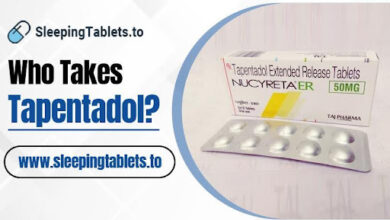2024 Efficiency Tips for Small Medical Practices

One of the most important aspects that small medical practices must consider is efficiency. Research carried out by the American Medical Association noted that efficient practices resulted in a 30% boost in patient satisfaction as well as increased operations performance. Read on for detailed recommendations on how to improve the operations of a small medical practice regarding medical billing software, communication with patients, workflow, finance, and compliance.
Medical Billing Software
Consider exploring medical billing software as a valuable innovation tailored to small medical practices. A report from the Healthcare Financial Management Association reveals that practices using enhanced billing software cut down the errors by 25 % and augment the speed of reimbursements. When choosing medical billing software that best fits your billing needs and supports your medical practice efficiently, it’s essential to consider several key factors. The enhanced LYTEC medical billing software offers a comprehensive toolkit designed to streamline the billing processes within your practice. Here are some important features to prioritize: automated claims processing, instant member verification, detailed financial reports tailored for decision-makers, and seamless integration with other interfaces. These capabilities are crucial for optimizing your practice’s billing operations and ensuring smooth financial management.
Enhancing Patient Communication
One of the identified responsibilities is the need for proper communication with patients to ensure they are engaged and satisfied. It’s possible to grant patients unrestricted access to their medical records, set up appointments, and even communicate with doctors using the patient portals. Moreover, using automated messages for reminders and further communication empowers the possibility of no-shows and improves the patient’s compliance with prescribed guidelines. Additionally, incorporating tools like a virtual receptionist for a medical office can streamline patient inquiries, appointment scheduling, and other administrative tasks, ensuring a smooth experience for both patients and staff. Such tools are beneficial in the sense that they enhance patient satisfaction and at the same time, can be time-saving for your employees.
Improving Workflow and Time Management
Effective time management and controlling the flow of work are significant factors for small medical practices. Training employees helps them understand their jobs better, keeps procedures current, and introduces them to new technologies. Implementing protocols to reduce patient appointment times to an agreed-upon average and integrating Electronic Health Records (EHR) can also boost productivity significantly.
Financial Efficiency
As it has been established, financial management is crucial in enabling a small medical practice to operate. ResearchGate for example revealed that smarter practices in inventory management and decreasing overhead could increase the well-being of a practice by 20%. Effective inventory management systems assist in monitoring supplies since supply management can assist in controlling the supply of other commodities, which in a way cuts self-expenses that are not of value to the general development of the health facility.
Staying Compliant with Regulations
One thing that is critical when it comes to healthcare organizations is compliance with healthcare regulations. Mainly, it’s important to remember the healthcare laws and the protection of patient data and privacy. Specifically, the practices’ policies are revised to reflect the contemporary laws to prevent ending up in legal problems and build patient confidence.
The Bottom Line
Lastly, one can conclude that enhancing efficiency in a small medical practice involves several key elements: using a modern billing system and tools, fostering clear communication with patients, optimizing workflow management, ensuring sound financial practices, and adhering to regulatory guidelines. By incorporating these aspects into your practice, you can significantly improve operational effectiveness and patient care.



